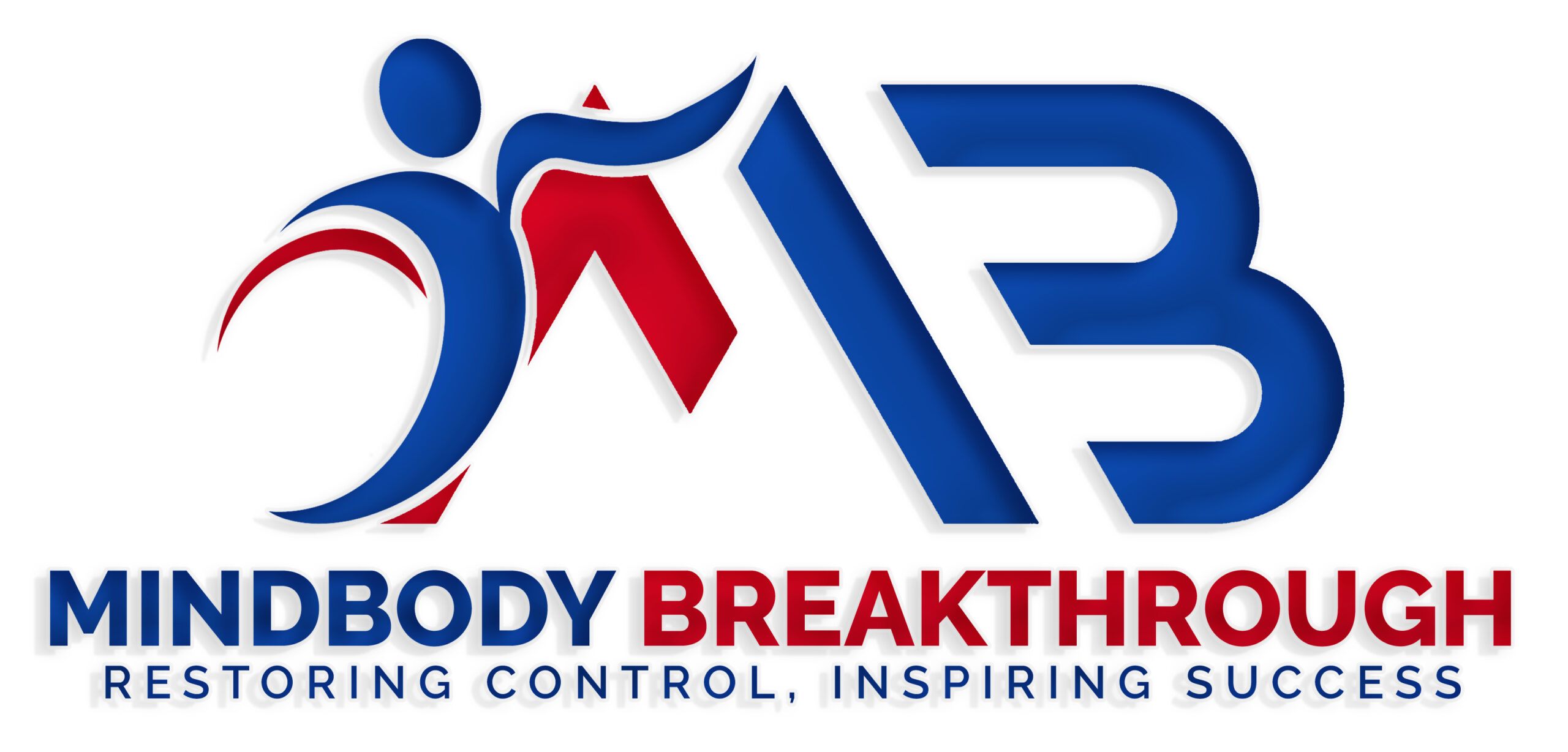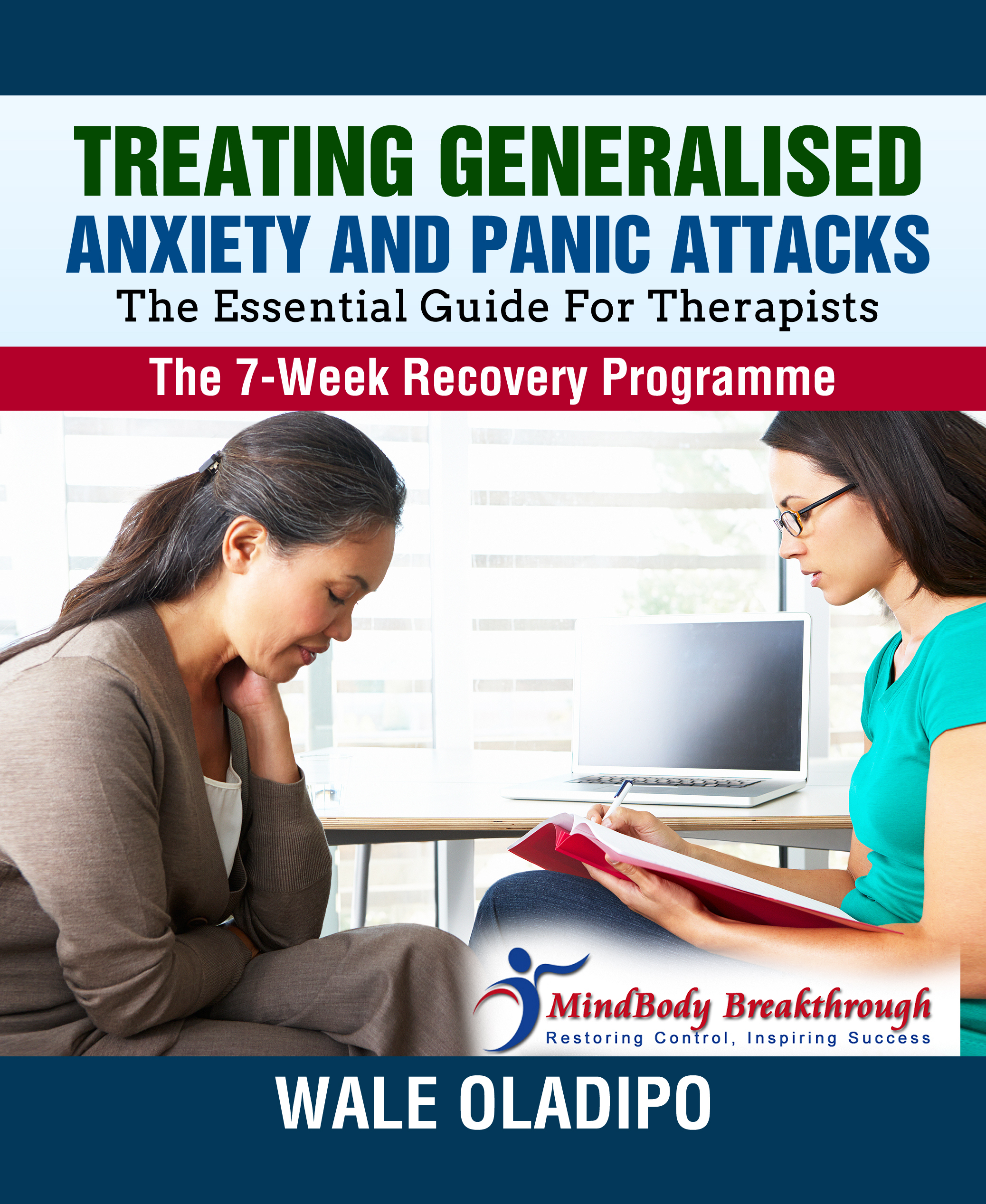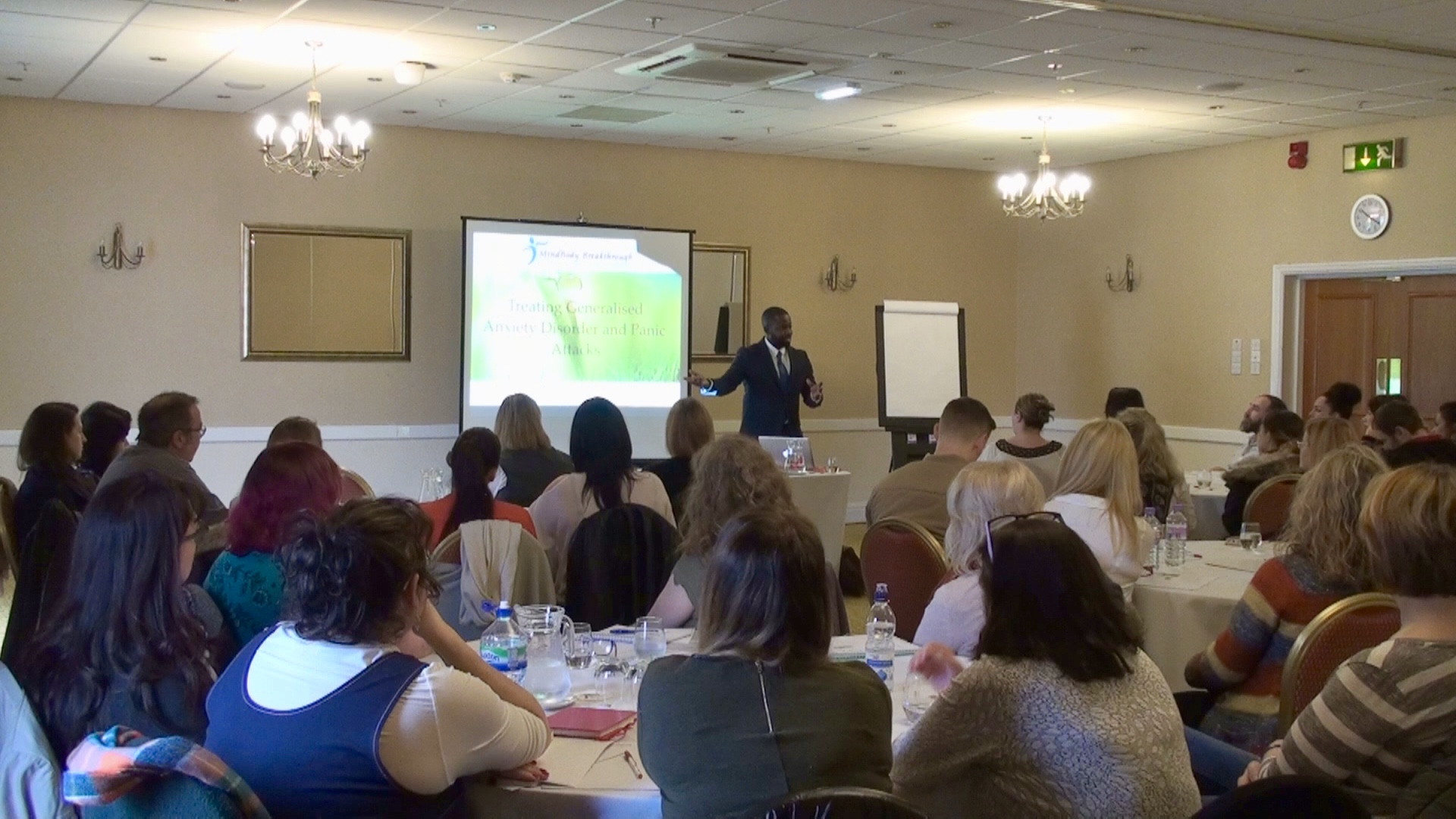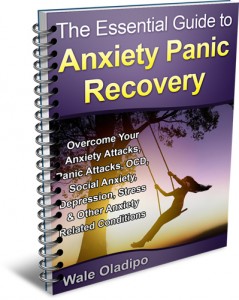(In-Depth) 7-Week MindBody Breakthrough Recovery Programme for Treating Trauma-Related Generalised Anxiety Disorder and Panic Disorder in a Structured Step-By-Step Guide that You Can Follow from Start to Finish for Transformation.
This recovery manual fully introduces you to therapeutic techniques that work with the subconscious mind and the inner child to transform trauma-related GAD and panic attacks. Combining the MindBody Breakthrough psychotherapeutic modality with the best of the adaptation from the famous internal family system approach (IFS), this course presents a cutting-edge recovery programme that guarantees recovery and progress in your wellbeing and happiness.
Generalised anxiety and panic disorder are often two of the easily noticeable signs of deep-seated issues. And if not treated properly, more complicated anxiety disorder outlets are inevitable.
Studies have shown that nearly a quarter of the adult population will suffer from an anxiety disorder at some point in their life. Yet only a small percentage of these people actually receive effective treatments that deal with the root causes of anxiety and panic disorders.
In an era where too much attention has been given to antidepressants prescriptions and coping mechanisms that temporarily numb the symptoms as opposed to eliminating them, there is a vital need for a recovery programme that promises transformation, which every anxiety patient in our societies deserves.
















